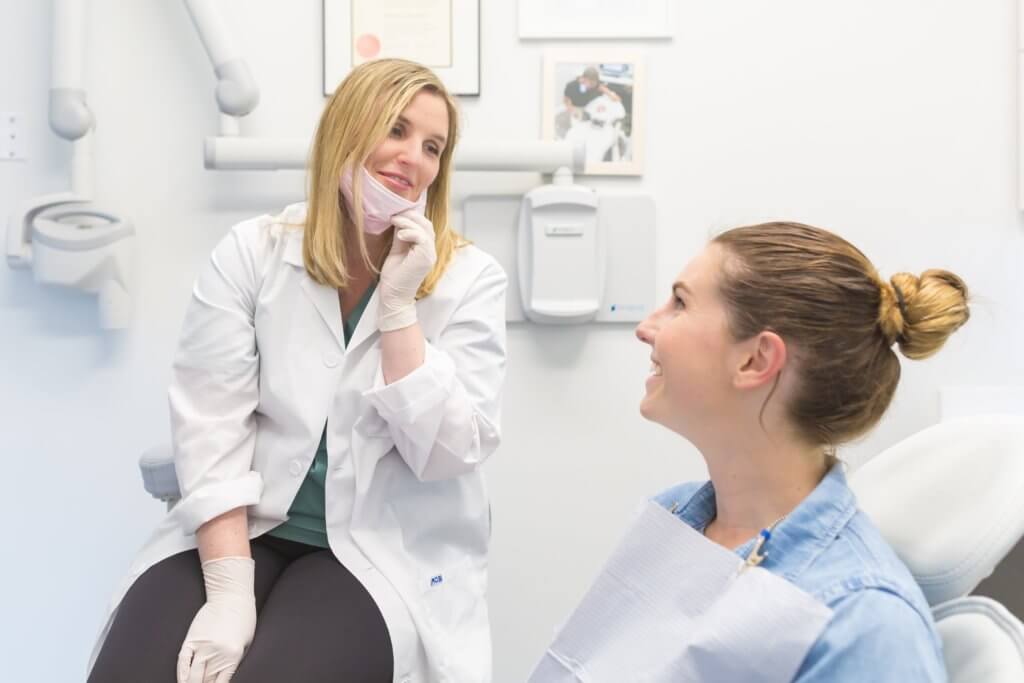Welcome to “Essential Dentist Tips: Your Guide to Oral Health” – a comprehensive blog designed to help you maintain optimal oral hygiene and ensure you get the most out of your dental visits. Taking care of your mouth is crucial not just for aesthetic reasons, but also because it can have significant impacts on your overall health.
In this detailed guide, we’ll walk through several key aspects of maintaining a healthy mouth, including routine practices you can incorporate into your daily life, and advice directly from dental professionals. Whether you are trying to improve your routine or you’re starting from scratch, this guide has something valuable for everyone.
Daily Dental Hygiene Practices
Effective oral health begins with basic daily practices. Brushing twice a day with fluoride toothpaste and flossing at least once daily form the cornerstone of dental care. It’s essential not only to do these tasks but to perform them correctly. Consider upgrading to an electric toothbrush for more efficient plaque removal. For insight on proper brushing and flossing techniques, visiting sites like Hillcrest Family-Friendly Dentistry can be incredibly beneficial.
Moreover, do not overlook the importance of mouthwash – it can reach places that brushes and floss might miss, reducing the risk of cavities and gum disease. Regularly replacing your toothbrush every three to four months, or sooner if the bristles are frayed, is also important for maintaining dental hygiene effectiveness.

Regular Professional Dental Check-ups
Scheduling regular visits to your dentist is crucial for maintaining oral health. Annual or bi-annual checkups allow professionals to address potential issues before they develop into major problems. These visits typically include a thorough cleaning, which removes tartar that can’t be brushed or flossed away.
During these sessions, dentists also look for signs of decay, gum disease, oral cancer, and other oral health issues that might not be obvious to you yet. Additionally, they provide an opportunity to discuss and tailor personal oral hygiene routines that suit specific dental needs.
Nutrition and Oral Health
Your diet plays a significant role in maintaining dental health. Foods high in sugar are likely contributors to cavity development as they foster bacteria growth in the mouth that leads to decay. Conversely, calcium-rich foods like dairy products strengthen teeth. It’s beneficial to integrate foods rich in fiber, which help keep saliva flowing and naturally clean your teeth.
Remember that what you drink can affect your teeth too. Water is excellent for oral health as it helps wash away food particles and keeps your mouth moist. Limiting consumption of beverages such as soda, coffee, and alcohol that can harm tooth enamel is also wise.
Understanding Common Dental Problems
Knowledge is power when it comes to preventing common dental issues such as cavities, gingivitis (mild gum disease), periodontitis (advanced gum disease), cracked or broken teeth, and oral cancer. Recognizing early symptoms and understanding how lifestyle choices influence oral health can significantly contribute to prevention efforts.
Maintaining open communication with your dentist about any changes in your oral health is crucial. Early detection and treatment often lead to better outcomes.
All Ages Dental Care
The approach to dental care should evolve throughout different life stages. Children require different care techniques compared to adults and the elderly. Pediatric dentists specialize in treating younger patients and understand the unique challenges that come with managing children’s dental health.
As people age, their oral condition also changes – gum recession or an increased risk of dry mouth due either naturally or from medication use might necessitate a shift in treatment plans crafted by dental professionals familiar with geriatric care.
To conclude our guide on essential dentist tips for optimal oral health – incorporating effective daily practices like brushing properly; regularly visiting a dentist; mindful eating habits; educating oneself about common dental issues; and recognizing the different needs at various life stages form the full circle of preventative care. Armed with this information and proactive in applying these tips will significantly contribute towards not only good oral health but also overall well-being.
Remember, while this guide serves as a good starting point, always consult with your personal dental professional for treatments and routines best suited for your individual needs.
“`



